Home / Entertainment
K-Dramas really stuck in a loop: What's behind the endless cycle of similar storylines?
What's holding back innovation in South Korean series storytelling?
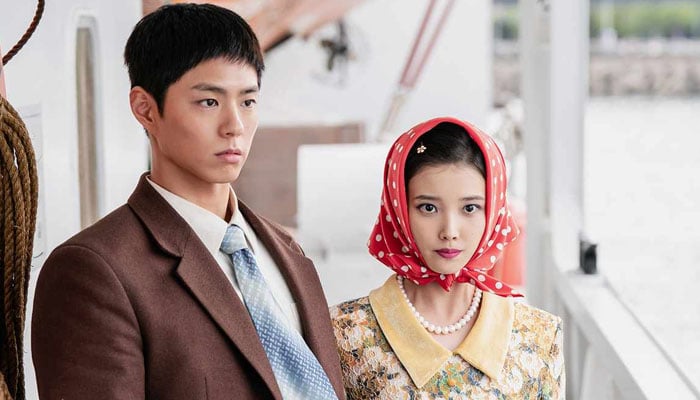
K-Dramas, one of the most amazing series in the world, have managed to entertain audience with its captivating storylines, adorable characters, and emotional depth.
However, in recent years, the audience has started to notice a familiar pattern emerging across many popular dramas.
From time travelling plots to soul switching characters to a millionaire falling for his employee and leading actors being related in the past, it seems like K-Dramas are stuck in a loop.
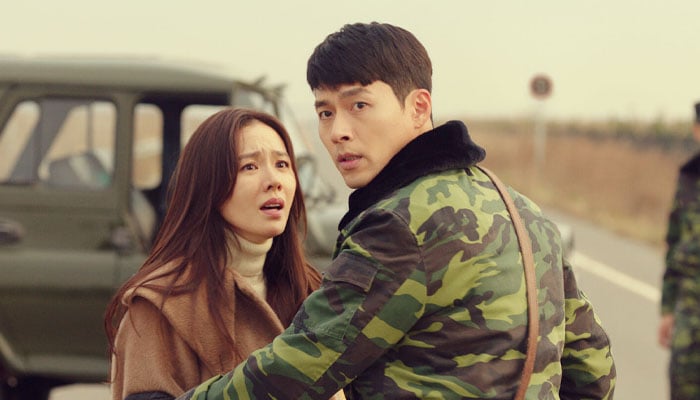
Is it a lack of creative risk-taking, or something else entirely? Have you ever wondered what's behind this endless cycle of similarity?
Let’s shed light onto the “may not seem serious” matter:
K-Dramas may seem familiar because the similarities often stem from common themes and cultural elements.
Moreover, such similar themes also provide comfort and satisfaction to viewers.
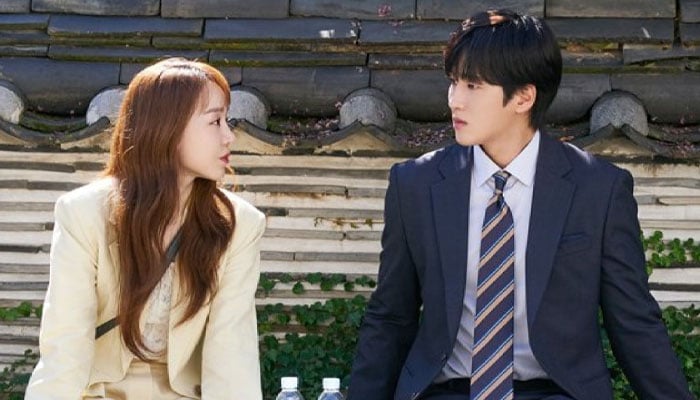
Series such as Bon Appétit, Your Majesty reminds us of Mr. Queen, a completely similar time travelling story featuring Joseon Dynasty and no to forget See You in My 19th Life.
While talking about time travel, such series either take us back in time, travel to fantasy worlds or reincarnations; in short giving second chance to life after dying a wronged fate.
Faith (The Great Doctor), W, Nine, Goblin, Memories of Alhambra, Moon Lovers, Dr Jin, Saimdang, and Rooftop Prince are perfect example of time travelling series.
Remember Lee Min-Ho starrer Boys Over Flowers? A classic yet similar example of a poor girl falling for a rich, arrogant man, with same stories found in My ID is Gangnam Beauty and Cinderella and Four Knights.
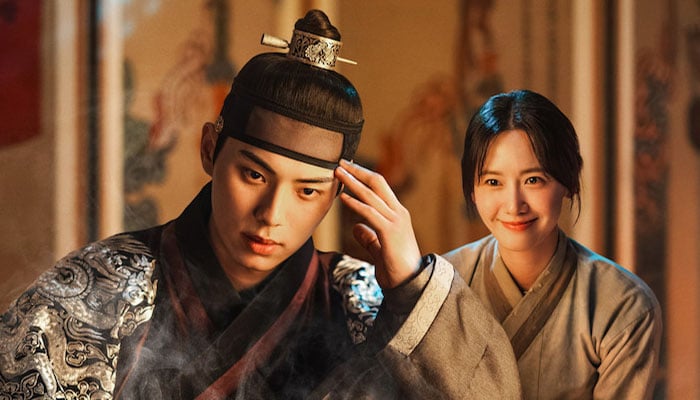
Moreover, the same plot ideas do not only apply to romance K-Dramas only; in fact, action series nearly always plot two groups against each other. A prime example is the drama IRIS, in which IRIS is a group that rebels against the government.
Throughout the entire series, the main characters face tumultuous situations while trying to defeat the supposedly evil IRIS group.
The most common genre for which the Korean series are big hit is the hero and heroine falling in love but has to date another or give up because of family opposition/socio-economic gap/education gap/or more dramatically speaking; hidden family secrets or misunderstanding that he/she kept not having the chance to explain/a secret, which causes one to leave the other or to give up again.
Later, even when that is resolved, one will either have an accident and develops amnesia or another terminal illness while intertwining with the second male and female leads and then one of the leads will sacrifice fortune, life, and career.
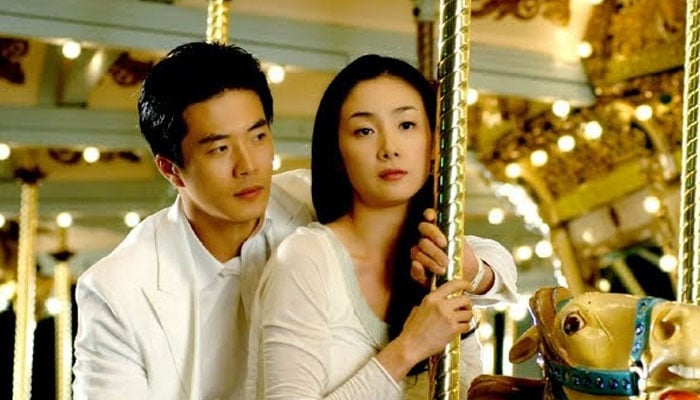
Stairway to Heaven, Autumn in my Heart, Sad Love Story, That Winter, the Wind Blows, and Uncontrollably Fond are the perfect example the storyline mentioned above.
Who can forget combination of a stubborn male or female cop placed in the plots while solving crimes or fighting battles, such Queen of Mystery, and, Girl who Sees Scent.
Moreover, the spy plots with hidden identity going through some of the storyline such as City Hunter, Terius Behind Me, Level 7 Civil Servant, and Spy Myung-wol.
No we are not stopping here! Imagine a poor man winning over the spoiled rich girl because she has amnesia/lost her fortune temporarily/suffered setback at work where she used to be the boss, usually after teaching her a lesson, reforming her in the process; yes, Korean dramas have it all! My Fair Lady, and Couple or Trouble are the prime example.
In the end, whether you hate it or like it, K-Dramas are indeed a treat for the viewers, however, by embracing change and innovation, Korean series can continue to captivate audiences and stay relevant in the ever-evolving world of entertainment.














